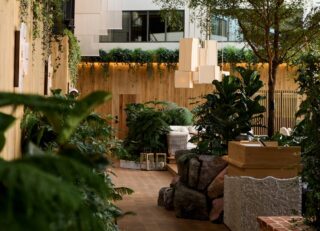This website uses cookies so that we can provide you with the best user experience possible. Cookie information is stored in your browser and performs functions such as recognising you when you return to our website and helping our team to understand which sections of the website you find most interesting and useful.
Community spirit: Turnbull & Asser’s Jonathan Baker shares his hopes for the future of luxury retail
By Jonathan Baker | 3 May 2021 | Culture, Lifestyle, Style
The iconic shirtmaker’s MD tells Tempus why the special symbiosis between retail and hospitality put London’s shopping destinations in a league of their own
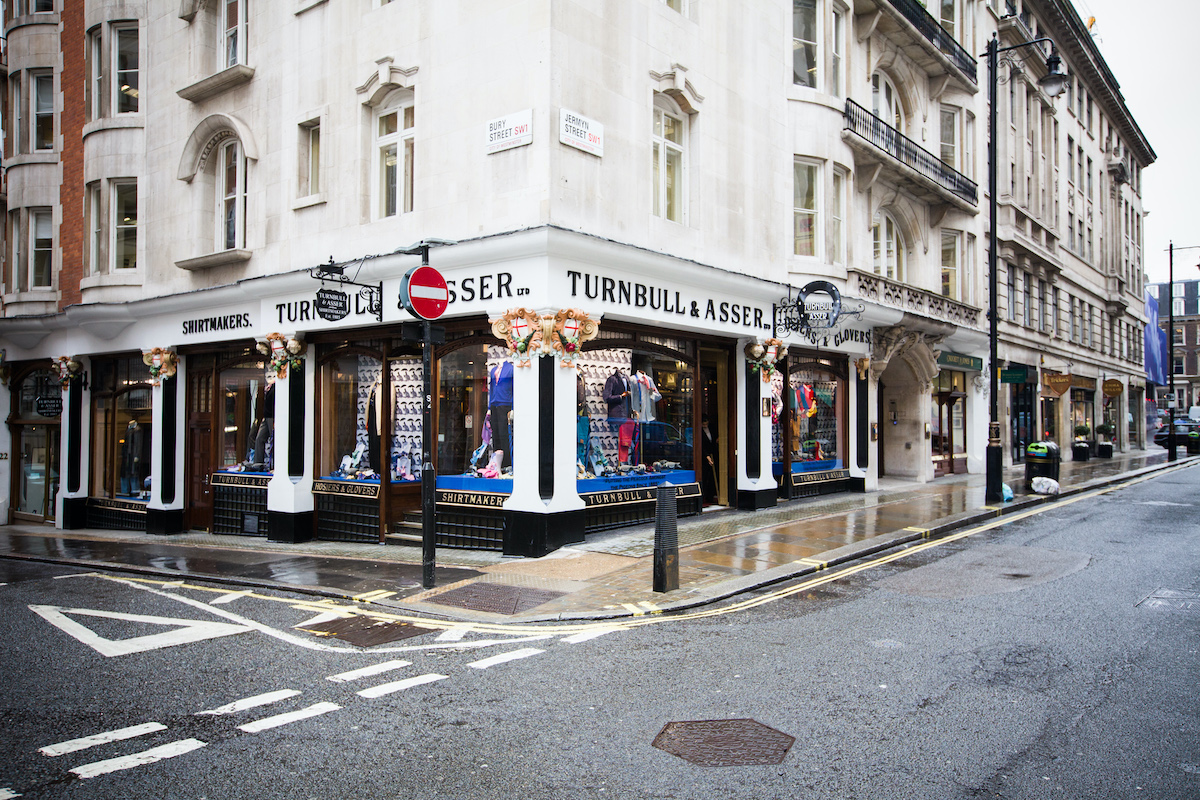
Mayfair’s Jermyn Street is the spiritual home of shirt-making in the same way that Savile Row is synonymous with suits. Turnbull & Asser has been on Jermyn Street for 135 years – we’re certainly a mainstay of British shirt-making – and I think our resilience is really down to staying relevant and modern in changing times.
That can be a difficult sell for a heritage institution, but I believe if a business has survived that long it’s because it is incredibly adaptable, open to change and constantly evolving. Turnbull & Asser has survived the Spanish flu, both world wars, economic depressions and more, and so I have always been confident we would weather the storm of Covid-19.
Our approach throughout has been to focus on further modernising the business, broadening our appeal to a wider demographic but also really responding to an increasingly casual workplace and society – our dress code is not nearly as formal as it was 135 years ago. The second aspect of our adaptation was the rapid digitalisation of the business. We were already working on both of these elements before the pandemic but, of course, we really invested and embraced digital when it became our only way to communicate with our customers.
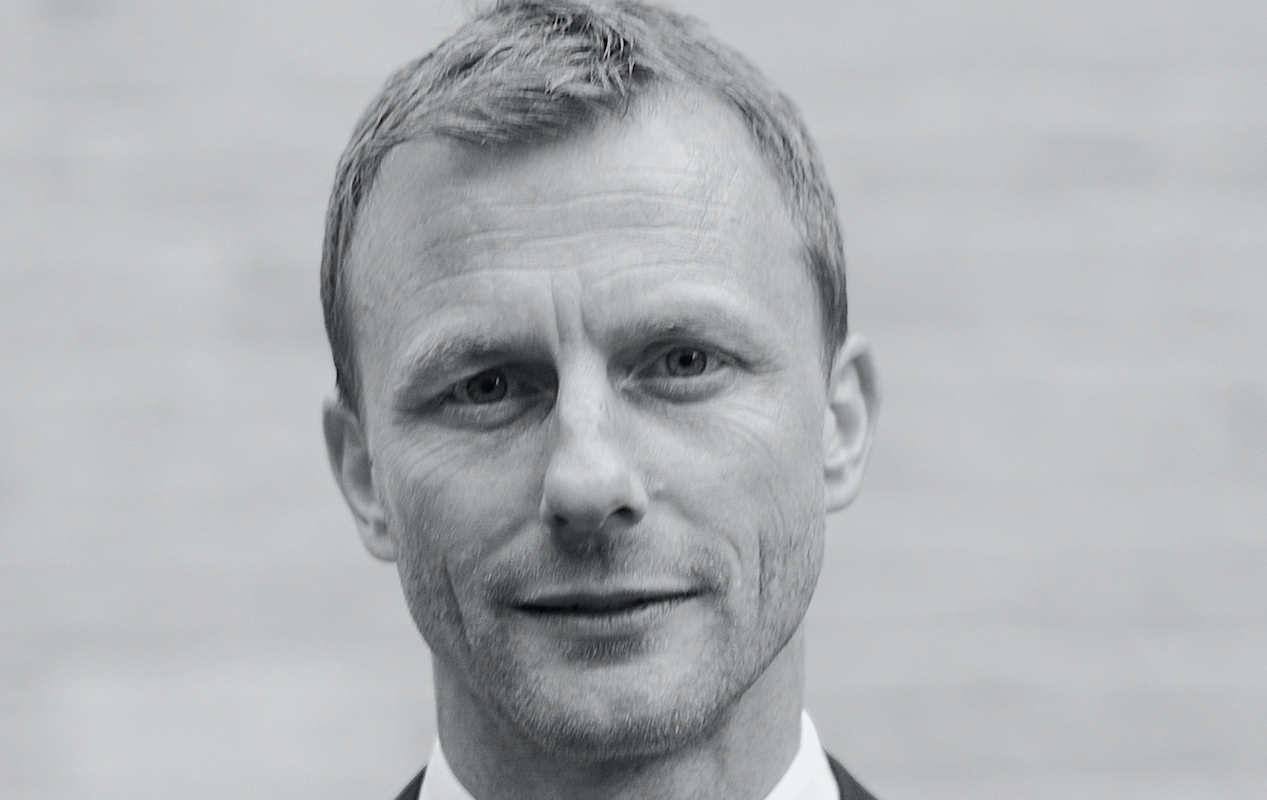
During the past year, it’s become very clear that there is a symbiotic relationship between retail and hospitality – one that is particularly key to places like Jermyn Street both as a community and as a shopping destination. When we reopened our store prior to restaurants, between previous lockdowns, the difference was tangible. When you add dining to the community, the change in energy is incredible. It’s part of what makes London, and particularly the West End, such a vibrant shopping destination.
Ironically, since first closing our stores in March 2020, the Jermyn Street community is closer than ever. We’ve all had to pivot our business, often relatively small operations or British boutiques, and that shared challenge has brought us closer together in order to foster positivity.
Before Covid-19, the shop floor was the beating heart of our business. But, as a family- owned retail business, our team and “family” is key to our culture, and I’m incredibly proud of how incredibly resilient, adaptable and productive our team has been.
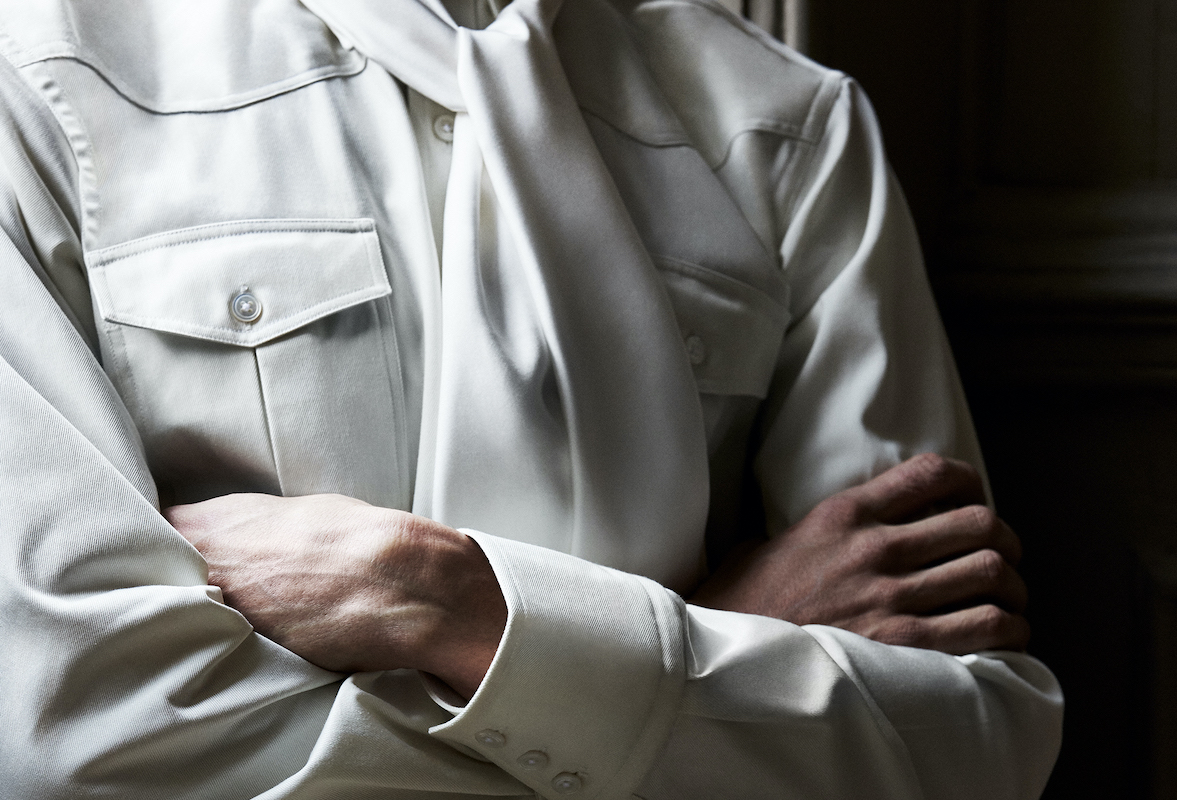
I remember, when we first went into lockdown, all we could do was think about how we could contribute, and so we set about manufacturing PPE for the NHS from our factory in Gloucester. It was all done on a voluntary basis, and I was amazed at how many people wanted to contribute – especially because we were all pretty terrified at that point. The pandemic was very new, and measures were extreme.
There was a lot to consider in order to create a Covid-secure facility: dedicated entry and exit points, sanitisation stations, getting new machines and spacing them out. It was all very new, but we were able to create a really refined, safe environment and I think it gave us all a sense of purpose.
I’m not under any illusions that we will open our doors on 12 April and spring back to a pre- Covid world. There will be some structural, permanent changes from this experience and, like everyone across physical retail and hospitality, we’re waiting to see how it evolves and how we need to adapt accordingly.
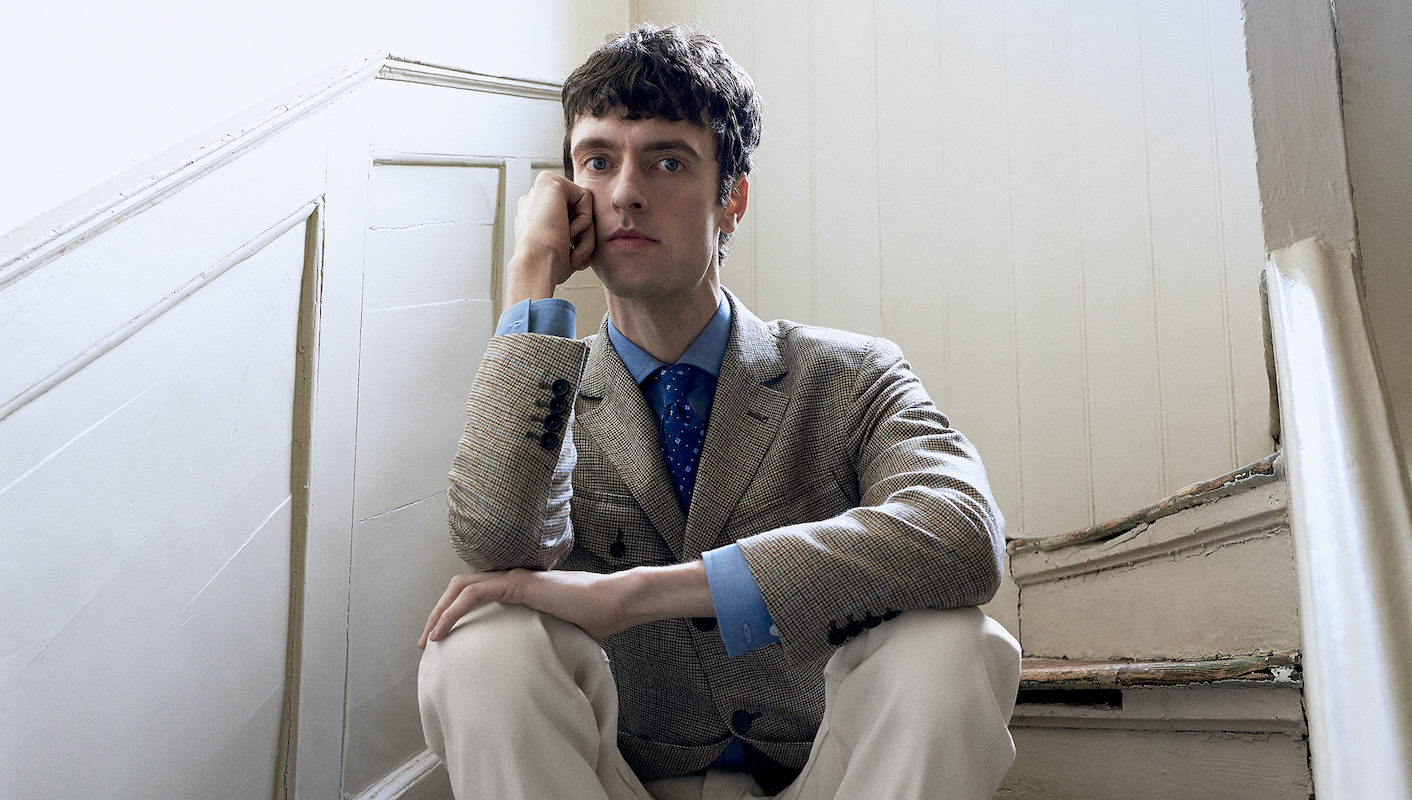
But I do feel confident that there is positivity out there. As a formal brand, we feel that people are starting to want to transition back to the workplace and to socialise, and there’s a lot of pent-up demand to feel good and dress well. There’s a resilience among the nation and a sense that people want to get out and create memorable experiences with their loved ones, so I’m excited to be a part of that.
There’s also been a cultural shift towards sustainability and social responsibility, turbocharged over the last 12 months. These elements have long been at the heart of our business, so that also gives me optimism. We have grown our audience, grown the product and strengthened our culture and community. When I think about the business going forward, there is a lot of positivity to be had.






